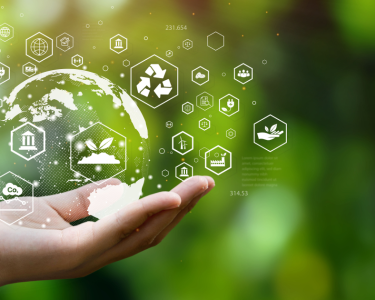As technology continues to advance at an unprecedented pace, the idea of a future dominated by artificial intelligence (AI) has become a topic of widespread discussion. However, there is an increasing recognition that the most powerful application of AI lies not in replacing humans, but in partnering with them. This partnership of AI and human intelligence has the potential to revolutionize the way we live and work, and to solve some of the world’s biggest challenges.
The Limits of AI
While AI has made significant progress in recent years, there are still limitations to what it can achieve. While AI algorithms can process vast amounts of data and make predictions based on patterns, they lack the ability to understand the nuances of human behavior and emotions. This is where human intelligence comes in. By partnering with humans, AI can learn from our unique experiences and insights, and help us to make better decisions.
Collaboration in Action
One example of the partnership of AI and human intelligence in action is the field of healthcare. AI-powered systems can analyze vast amounts of medical data to identify potential health risks and suggest treatment plans. However, it is ultimately up to healthcare professionals to make the final decision on the best course of action for their patients. By collaborating with AI, healthcare professionals can make more informed decisions and improve patient outcomes.
Another example is in the field of transportation. Self-driving cars are a prime example of how AI and human intelligence can work together to create safer and more efficient transportation. While AI can control the car’s movements and make decisions based on data from sensors, humans are still needed to oversee the overall operation of the vehicle and to make judgment calls in complex situations.
The Future of Work
As AI continues to advance, there are concerns about its impact on the job market. While some jobs may become automated, the partnership of AI and human intelligence can create new opportunities for workers. By working alongside AI, humans can focus on higher-level tasks that require creativity, critical thinking, and emotional intelligence.
However, there are also challenges to overcome. For example, there is a need to ensure that the benefits of AI are distributed fairly and that workers are equipped with the skills needed to work effectively with AI systems.
The Ethics of AI
As with any technology, there are ethical considerations to be made in the development and deployment of AI. The partnership of AI and human intelligence raises questions about issues such as privacy, bias, and transparency. It is important that these issues are addressed to ensure that AI is developed and used in a way that benefits society as a whole.
Conclusion
The partnership of AI and human intelligence has the potential to transform the way we live and work. By combining the strengths of both, we can achieve more than we ever could alone. However, it is important to recognize that this partnership is not without its challenges. It is up to us to ensure that AI is developed and used in a way that is ethical, equitable, and beneficial for all.




